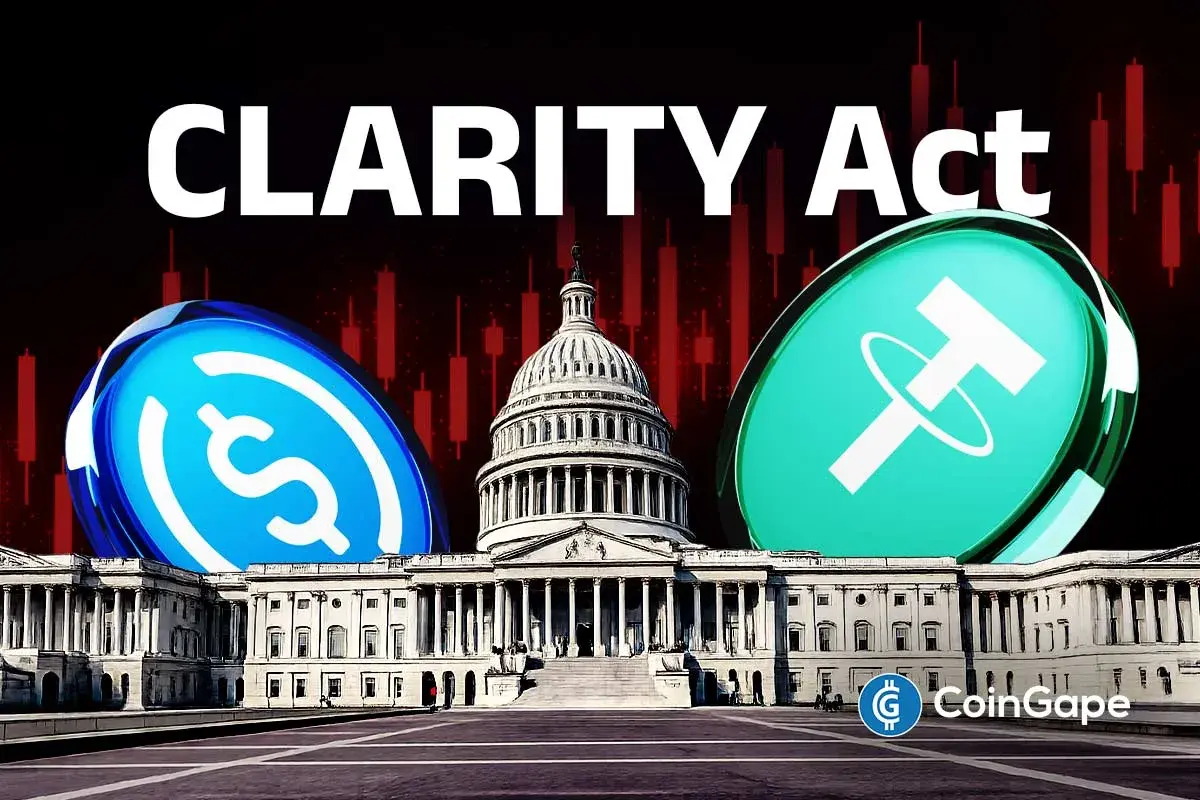Zimbabwe Spiraling into its Worst Economic Crisis in a Decade

After enduring through hyperinflation and economic crisis in 2008, Zimbabwe is yet again facing the fear of another round of hyperinflation as people ration basic necessities like bottled water and even beers. The new finance minister, Mthuli Ncube stated the country is in middle-economy now who was also the one encouraging the apex banks to adopt cryptos and that digital assets could save country’s issues.
Zimbabwe facing another round of hyperinflation fears
Zimbabwe has a history of economic crisis and hyperinflation. In 2008, the country has been hit with the second-highest hyperinflation in the recorded history with an estimated inflation rate of 79,600,000,000% in mid-November.
Now, yet again, Zimbabwe has plunged into its worst economic crisis in a decade. People are rationing basic items like bottled water and even beer. But the most worrying thing is the short supply of drugs and the health system of the country has already been on the brink of collapse for a long time.
A local media channel quoted a citizen, “I bought these same allergy pills for a dollar last week, today they are $13.” The shortage of medicines is described as “severe” by the country’s Retail Pharmacists Association.
Many are fearing that the current crisis could spiral into a decade old like collapse when the plastic bags of 100-trillion Zimbabwe dollar banknotes were not enough to buy basic groceries.
Since 2008, the country has been relying on US dollars to conduct daily transactions. Now, due to soaring US dollar rates in the black market, it is becoming hard for the people to stock up on inventories.
Zimbabwe need to take a crypto route
Last week, finance and economic minister prof. Mthuli Ncube has announced that after taking into account the large informal sector and rebasing the gross domestic product, the country is middle-income economy now.
Just a few days back, he also tried to reassure the public that their money would be safe in the banks as a legal instrument will be placed in order to ensure their accounts aren’t raided by the government as happened in 2008.
This could be an opportunity for the cryptocurrency market to create a presence in the severely crashing economy. In mid-September, Ncube himself has stated that investing in cryptocurrencies can solve the issue of ongoing crisis in the country. The new finance minister stated that time:
“Zimbabwe should be investing in understanding innovations and often central banks are too slow in investing in these technologies. But there are other countries which are moving faster. If you look at the Swiss central bank they are investing in- and understanding bitcoin,”
He had also shared:
“One can pay for travel using bitcoin in Switzerland. So, if these countries can see value in this and where it’s headed, we should also pay attention.”
However, not long back, Zimbabwe’s central bank banned the banks and financial institutions to deal with businesses engaged in cryptos. In response, Golix, a crypto exchange filed a complaint. The High Court lifted the ban enabling the crypto activities to resume in the country.
Play 10,000+ Casino Games at BC Game with Ease
- Instant Deposits And Withdrawals
- Crypto Casino And Sports Betting
- Exclusive Bonuses And Rewards

- Ripple Bets On AI Boom With Strategic Investment In AI Agent Infrastructure Startup
- Prediction Market News: Kalshi Fines MrBeast Associate Over Insider Trading Amid State Crackdown
- CLARITY Act: Banks, Crypto Yet To Agree On New Crypto Bill Draft As March 1 Deadline Looms
- Michael Saylor Predicts $50T From Bonds Could Flow Into Bitcoin Ecosystem as Digital Credit Evolves
- Bitcoin Treasury Firm GD Culture Authorizes Sale of 7,500 BTC as Expert Warns Of More ‘Pain’
- Dogecoin, Cardano, and Chainlink Price Prediction As Crypto Market Rebounds
- Will Solana Price Rally to $100 If Bitcoin Reclaims $72K?
- XRP Price Eye $2 Rebound as On-Chain Data Signals Massive Whale Accumulation
- Ethereum Price Reclaims $2K- New Rally Ahead or a Temporary Bounce?
- COIN Stock Price Prediction as Wall Street Pros Forecast a 62% Surge
- Cardano Price Signals Rebound as Whales Accumulate 819M ADA

 Buy Presale
Buy Presale

















